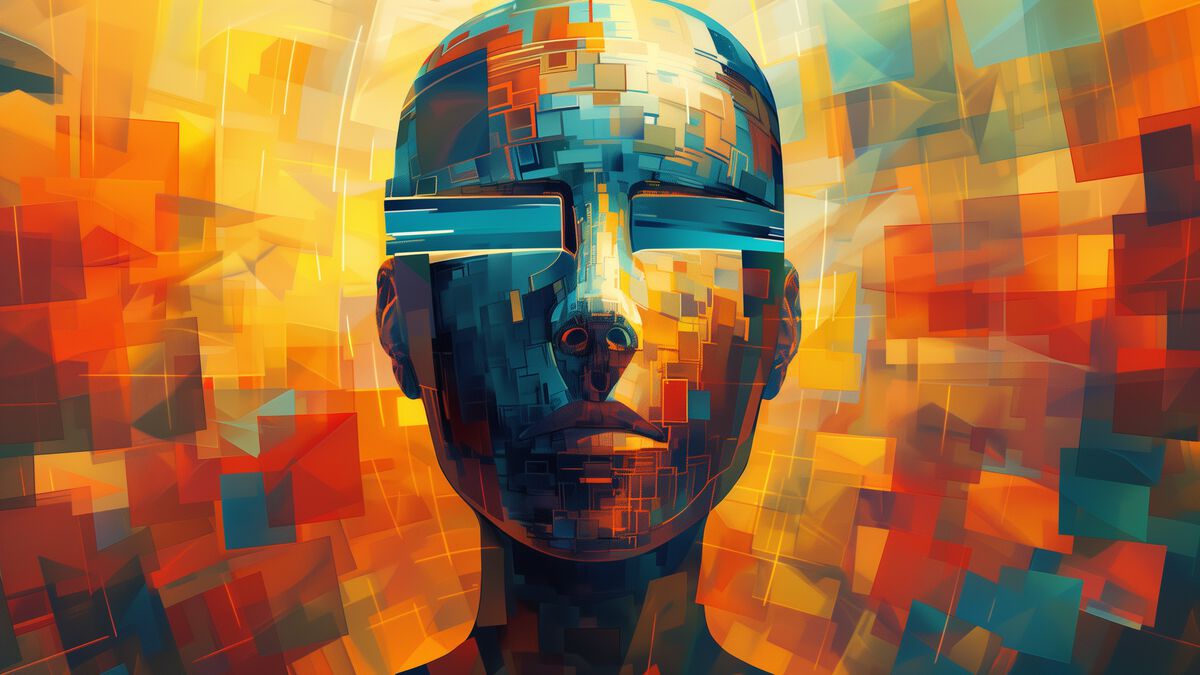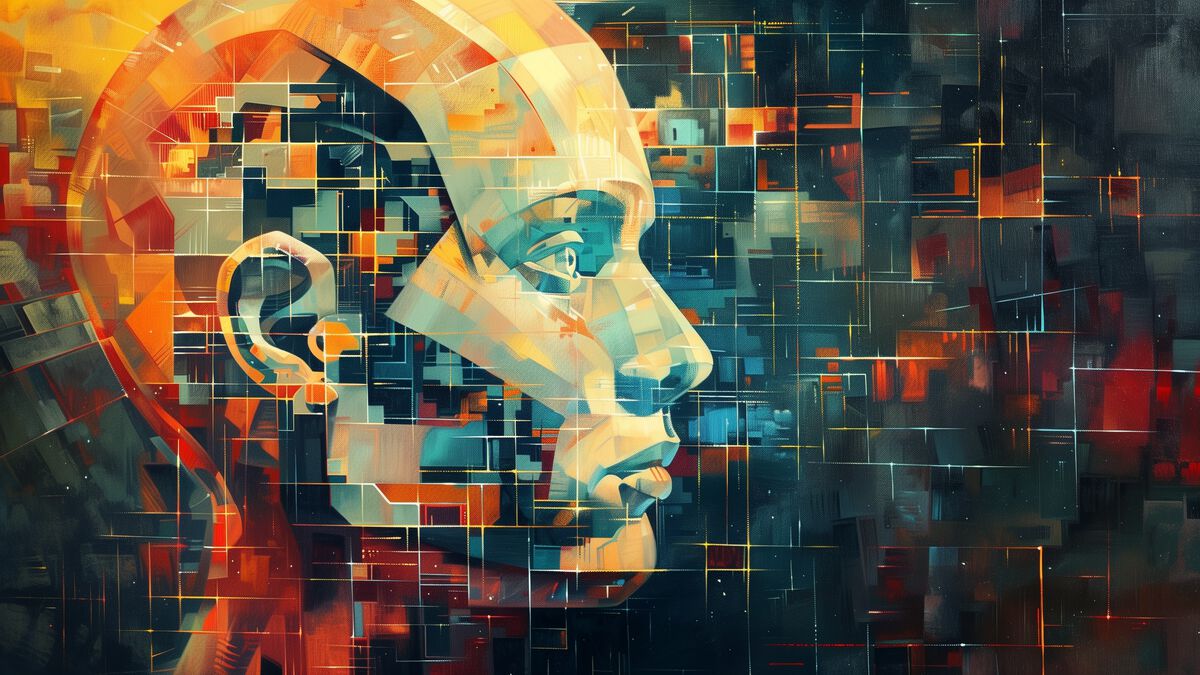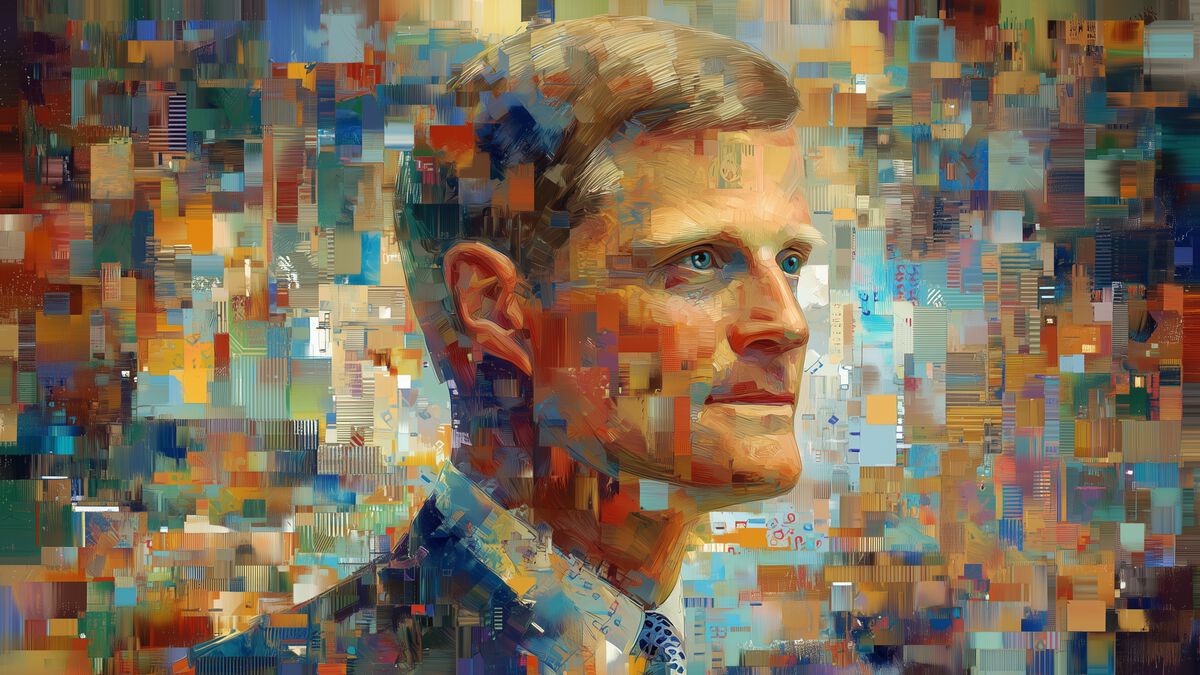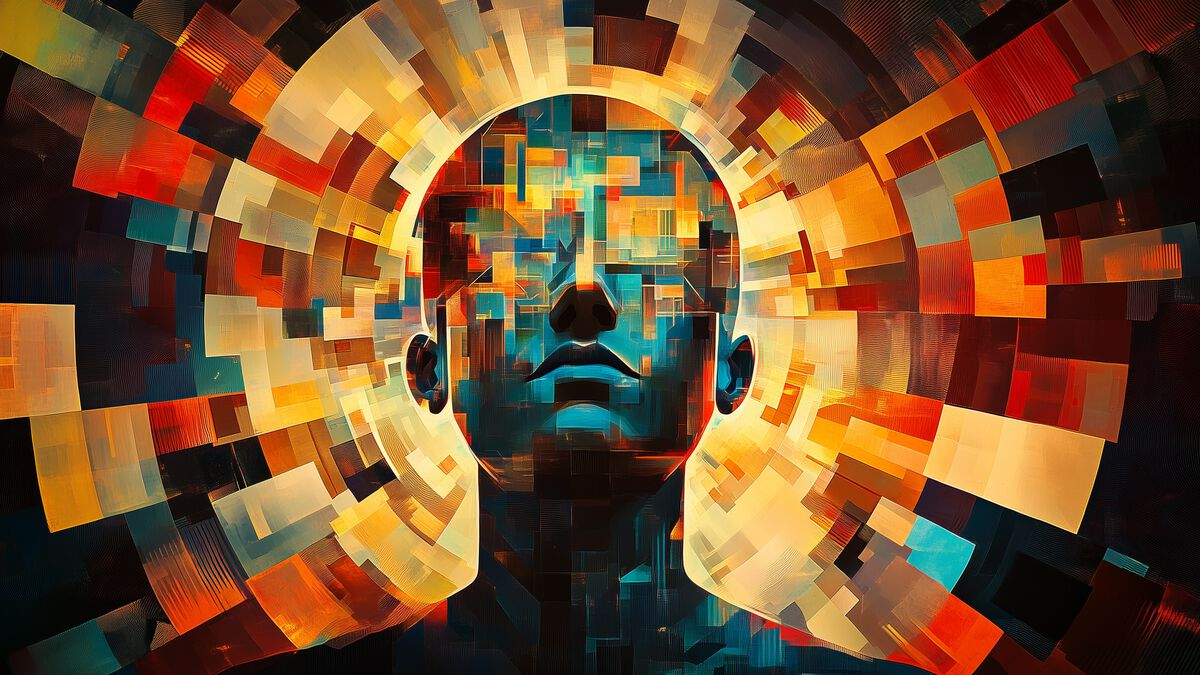Brain Emulation
Humanity may gain a capacity for brain emulation, sometimes called "mind uploading," through advancements in information science, biotechnology, and nanotechnology. This process would involve the virtualization of brain and body functions, enabling their extension or transition beyond biological limits. It implies the translation of cognitive and physical abilities into formal computational formats, while still requiring some form of embodiment. This vision suggests not just replication but enhancement of brain and body functions, offering new modes of existence and interaction, potentially including practical immortality.
This is a list of articles that Lincoln Cannon has written about brain emulation and mind uploading. A full archive of all articles that Lincoln has published since 2005 is also available. You may also search for articles and other content that's available on any of Lincoln's websites.
-

The Cyborg of Temple Square
In the heart of Salt Lake City, not far from where the spires of the Salt Lake Temple pierced the night sky, Eli Cannon worked in solitude. His mechanical fingers moved with precision over a holographic interface, adjusting security protocols for the temple. A monument of faith and advanced engineering, ... -

Why Are We Not Already Gods?
My friend asks “why we are not Gods yet?” Or, to use secular language, why aren’t we already superintelligence? “We have ALL had eternity already to strive, so why ain’t we all the way to the top of tops of tops already?” My friend’s question arises from reflection on a ... -

What Is Artificial Intelligence and Consciousness?
Few use consistent coherent vocabulary to talk about AI. In particular, we tend to be careless or ignorant about important distinctions between intelligence and consciousness, and about the inexhaustibly vast possibility space for kinds and degrees of both. There’s not necessarily one right definition of “intelligence” or “consciousness.” But some ... -

Wesley Smith Lies About Transhumanism
Wesley Smith at the National Review is writing about Transhumanism again. And again, as when Wesley characterized Transhumanists as oppressive cave-dwellers, he’s misrepresenting Transhumanism and its relationship with religion. These misrepresentations are not the only problems with his latest article. For example, he’s also engaging in poor reasoning about the ... -

Review of Your Digital Afterlives by Eric Steinhart
It took me two years to read the 216 pages in Eric Steinhart’s book, Your Digital Afterlives: Computational Theories of Life after Death. Friends know that’s because I’m the world’s slowest reader of philosophical texts that interest me – and just about any text that interests me seems to become ... -

Mormon Bodies and Mind Uploading
Mormonism is relatively unique among world religions in its regard for bodies. Where most major religions consider bodies to be temporary or inhibitive, Mormonism considers bodies to be eternal and empowering, and potentially divine. This provides strong common ground with physicalist philosophies generally, and particularly with Transhumanism. Even the radical ... -

Do I want to be a robot?
If mind is consciousness then it may not make sense to talk of mind being replaced by an electro-mechanical computer. It seems it would make more sense to talk of the substrate of consciousness, the brain, as one computational substrate that could perhaps be replaced by another. Is it possible ... -

6 Reasons You Might Upload Yourself Into a Computer
Dvice lists “6 reasons why you’ll never upload your mind to a computer.” There are some problems with Dvice’s reasoning. Uptime If the uptime of future computers is no better than the uptime of current computers, few if any of us will trust them enough to upload our minds. However, ... -

Bednar Suggests Spirit is Information
At a recent LDS Church meeting for young adults, Elder David A. Bednar commented on technology, and implied that spirit is information. Here is an approximate transcript of a portion of his talk: “We live in a time when technology can be used to replicate reality, to augment reality, and ... -

A Technical Interpretation of Mormon Physics
This is a transcript of my presentation at the Mormonism Engineering conference at Claremont Graduate University on 7 March 2009. The paper, authored by Scott Howe and I, will soon be available. How often have we heard that question: are science and religion compatible? And yet, how many of us ... -

10 Reconciliations between Brains and Computers
Clark Goble, at his Mormon Metaphysics blog (which I highly recommend), recently posted on the question, “Brains like Computers?” In his post, he references an article written some time ago by Chris Chatham, at Developing Intelligence, on “10 Important Differences Between Brains and Computers.” In this post, I’ll share my ... -

Thoughts on God's Relationship with Mind Uploading
Today at the By Common Consent blog, participants were polled in response to the Mormon Transhumanist Association article in Sunstone magazine. The poll question was: “If humans developed the technology to download their ‘minds’ to a computer and live forever as part of a machine, God would intervene to stop ...